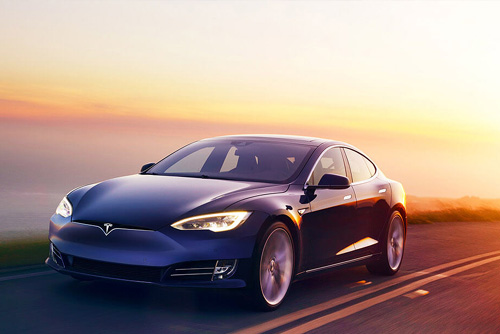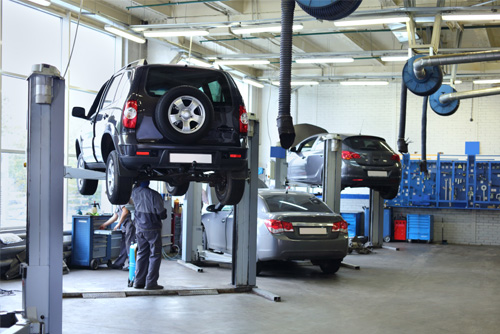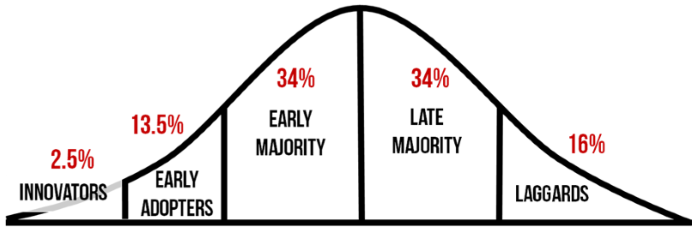"What do you think of Tesla? We’ll all be driving these in a couple of years! Aren’t you worried that there won’t be any mechanics soon?"
I raise my eyebrows, nod and smile. This is a discussion I’ve had on more occasions than I care to remember.

Is it just me or is there something euphoric about an internal combustion engine bouncing on the limiter, the inertia of a turbocharged vehicle hitting boost or the lumpy cam profile of an old school v8?
Maybe I’m nostalgic or maybe I just forget how ignorant the general public can be with respect to car maintenance and the time it takes for new technology to penetrate a market.
Don’t get me wrong, I’m certainly not naive to the (necessary) progression of transport, but I’m also a realist.
As I mentioned at a AAAA panel discussion earlier this year in response to the scoffs from the audience at the looming autonomous/electric vehicle shift, while it might not be as ‘around the corner’ as every Tom, Dick and Harry may think, we need to employ a level of healthy paranoia around the subject and not bury our heads in the sand.
One of our greatest traits as automotive service and repair professionals is our innate ability to adapt to change, but we need to be prepared. One such example being the dawn of electronic fuel injection; one of the most disruptive events in our industry to date.
Did our industry grind to a halt? No.
Did a lot of mechanics hang up their spanners? Absolutely.

As a member of Generation Y, this was before my time, but I take pride in the fact I’m as comfortable gapping a set of points as I am coding a control unit and I can guarantee you that I’ll be one of the first people poking around underneath a Tesla when the opportunity presents itself.
While I know deep down there are a few workshop owners waiting for the insurgence of autonomous and electric vehicles with baited breath, I truly believe there is more cause for excitement than concern.
One of the biggest complaints from those striving to run a lucrative and professional automotive operation is that of the backyarders or questionable mechanics/workshops de-valuing our trade.
What better way to further distance ourselves than specialising in a technology that is prohibitive to these types through further training and tooling requirements. Try to think of this as an investment rather than an expense. It’s much easier to be the first at something and forge a name for yourself then to enter an existing market and try to climb to the top.
With anything new, there is a fairly consistent heuristic used to measure adoption as shown below. Have a think about where your workshop fits in?

Innovators
Finger on the pulse, reads all of the auto-blogs and looking into new technology and tooling. Lives on discussion boards and goes to events and showrooms for a stickybeak.
Early adopters
The ‘Go-to’ workshop in the area for new technology. Investing in training and tooling required and educates and helps other workshops. Known as an authority in the field.
Early majority
Typically keeps up to date, invests in training their staff and keeping scan tools and other equipment up to date. Forward thinking and modern.
Late majority
‘Oh, this is a thing!’ We better find out about this and get ourselves setup. Tends to follow the crowd.
Laggards
Generally resists change and only makes changes when they are forced to because of consumer demand or legislative requirements.
Which workshop are you? What are your thoughts on autonomous and electric vehicles?
Let us know in the Mechanic.com.au Private Facebook Group (Members Only)